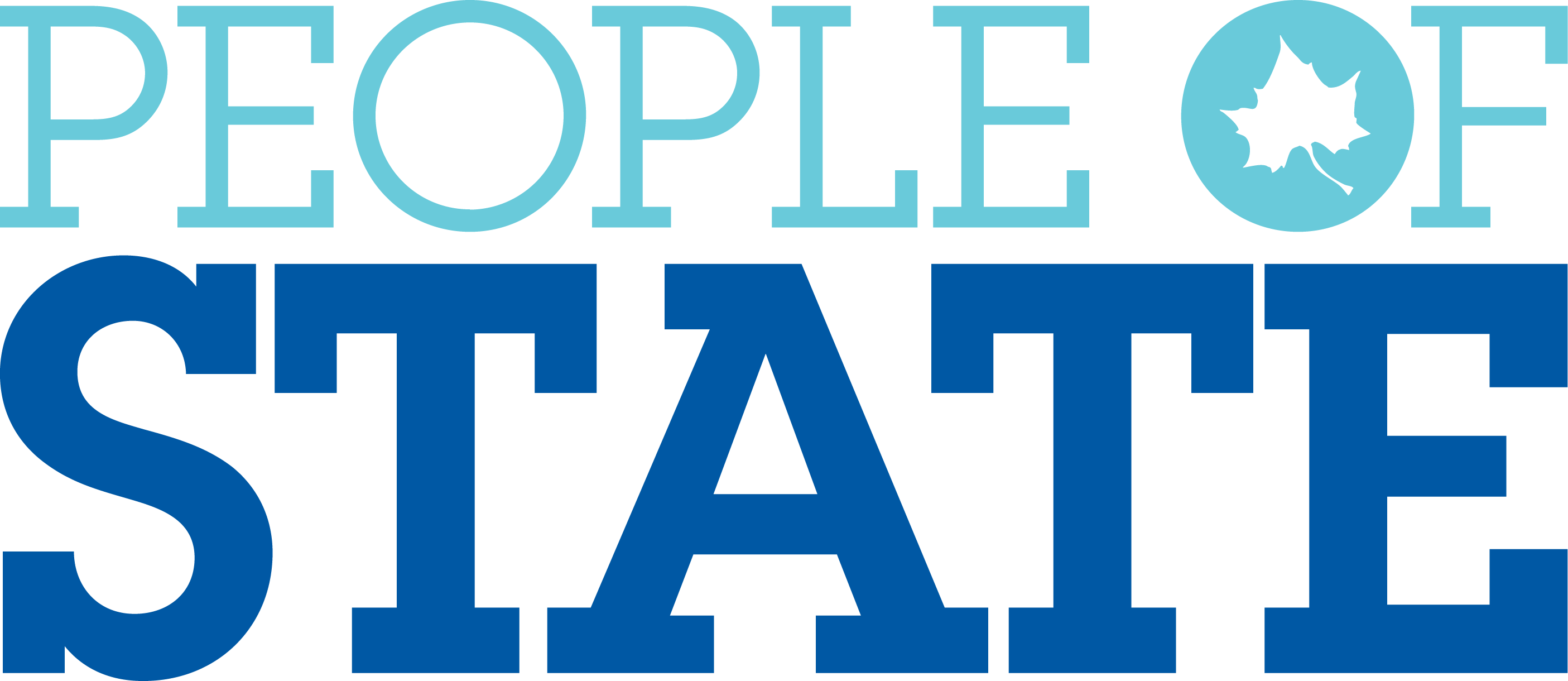
Hyosun Kim
By Indiana State University
Feb 6, 2020
You can’t believe everything you read or see on the internet, especially when it comes to prescription drug advertising as Indiana State University Professor Hyosun Kim’s research has discovered.
While advertisers say the FDA’s follow rules by not directly naming the prescription drugs, the information they convey can may be misleading to consumers, she found.
“My professor mentioned this topic to me because of my advertising background, but this kind of advertising is only allowed in U.S and New Zealand and I had never seen it living in South Korea,” said Kim, an assistant professor of communication. “I got into the research and it really started to interest me, so I hope that my research shows how this advertising is impacting how consumers perceive the risks and benefits of these drugs and provide useful information so policymakers can protect consumers and public health.”
Kim, who started as teaching 300 and 400 level public relations courses at State this last fall, will present her research, “Patient Influencers are Selling Prescription Drugs to You: How Influencer Illness Disclosure Deactivates Persuasion Knowledge Through Narrative Transportation”, at the American Academy of Advertising’s annual conference in San Diego during the last week of March.
“One of the first cases of this that caught the FDA’s attention was when Kim Kardashian mentioned the name of a morning sickness pill on her Instagram. She didn’t violate the FTC’s rules, but she did break the FDA’s rules so they were told to pull the ad or add risk information,” Kim said. “After that, the FDA, which oversees prescription drug ads to consumers, started looking at social media content and found a lot companies talking overemphasizing drug benefits without minimizing the possible negative effects.”
“Though they cannot make ad claims about the drugs on Facebook and Instagram, I want to see how influencers effect the perceived risk and benefit information to social media viewers,” she said. “They can disclose the name of the company that makes the drugs and symptoms, which could increase the number of consumers who seek a doctor’s help and that can help people, so I predict people might feel that influencers is like me and they tell me to see doctor.”
Kim introduces her research to students at the beginning of the semester as they discuss ways public relations professionals promote their organizations.
It’s becoming ever more likely that any web surfers will encounter prescription drug advertising by influencers, Kim said.

